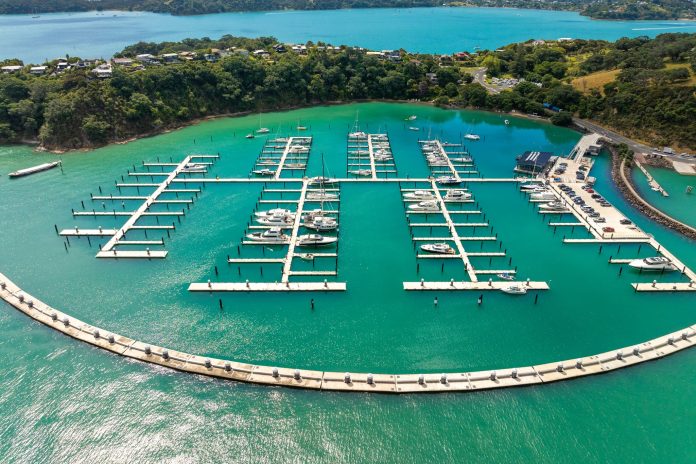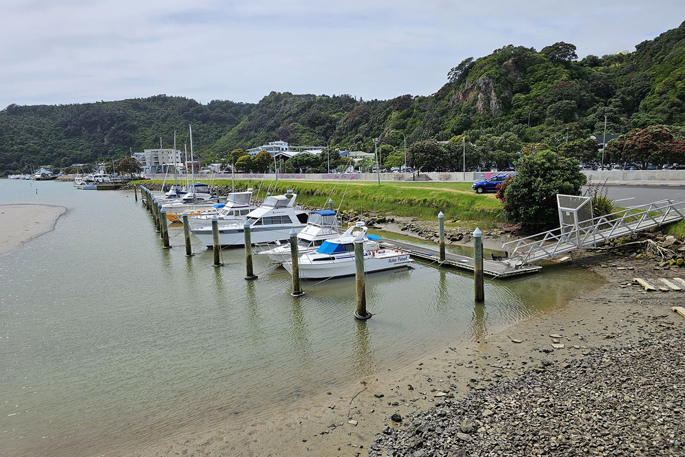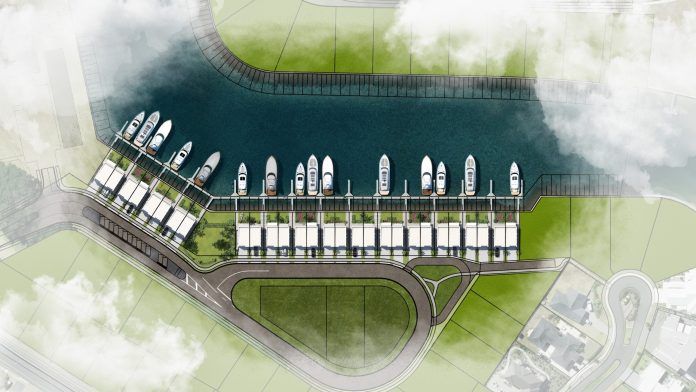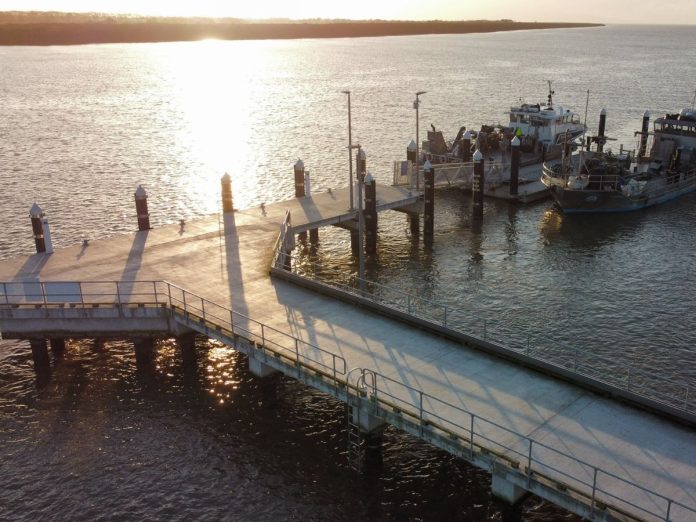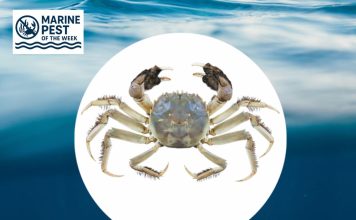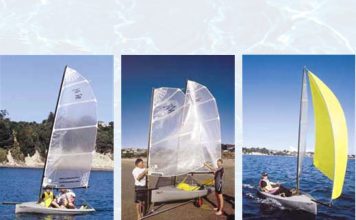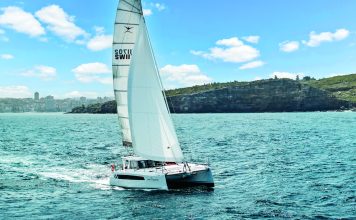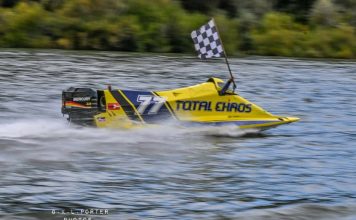The drive to protect New Zealand’s coastal waters continues to gather pace, with Waiheke Marina and Orakei Marina now joining the country’s growing list of fully certified Level 3 Clean Marinas. Their achievement, announced at the recent New Zealand Marina and Boatyard Conference in Queenstown, highlights the progress of an industry that is putting water quality and sustainable practices at the forefront of its operations.
A locally designed programme
The Clean Marina programme was created by the New Zealand Marina Operators Association (NZMOA) to reflect the realities of local environments and industry practices. As NZMOA explains, the programme has been designed specifically for the New Zealand context, while maintaining close ties with international counterparts to share knowledge and compare approaches.
This home-grown model ensures that Clean Marina standards remain practical and achievable for New Zealand operators, while still ambitious in protecting the marine environment. In essence, the aim is to set standards that are both robust and fit for purpose in our unique coastal and inland waterways.
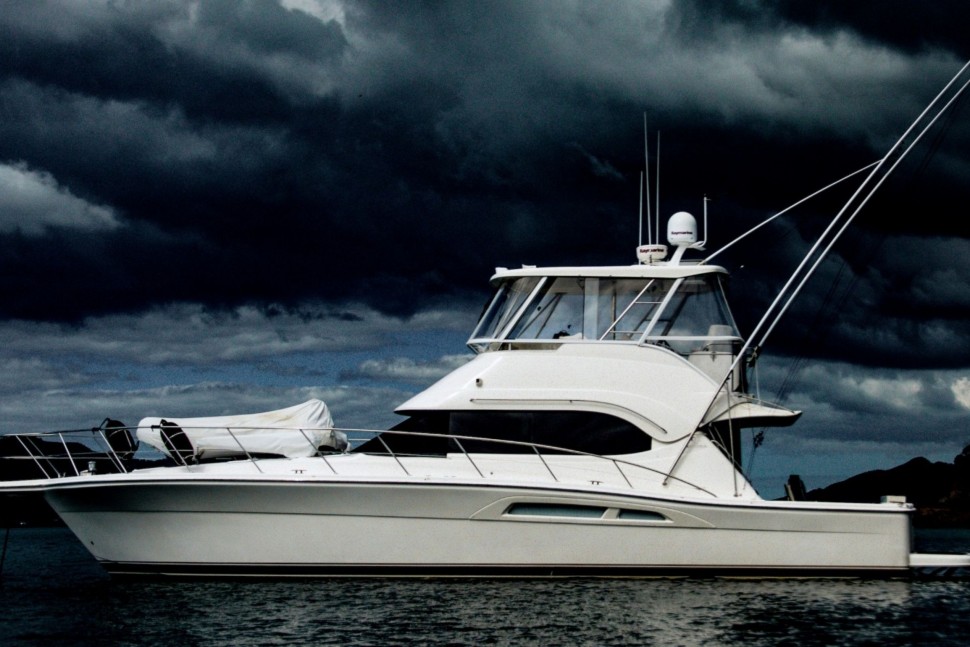
A rigorous audit process
Certification is not handed out lightly. The Clean Marina programme has three levels, with Level 3 representing full accreditation. To reach that stage, marinas undergo a detailed, independently conducted audit. Two auditors work directly with each marina, offering guidance and support through the process until the required standards are consistently met.
The audit looks at a wide range of operational factors, from recycling facilities and no-discharge policies to stormwater and wastewater management, hull cleaning practices, biosecurity measures, and the use of sustainable building materials. Policies and procedures are also scrutinised, ensuring that environmental responsibility is embedded into daily operations rather than treated as an add-on.
This is not a one-off tick box exercise. Continuous improvement is expected, with marinas demonstrating not only compliance but a genuine commitment to better practice over time.
Industry milestones
New Zealand’s Clean Marina journey has been marked by steady growth. As of late 2025, twelve marinas have achieved Level 3 status, including major hubs such as Westhaven, Half Moon Bay, Gulf Harbour, Tauranga Bridge, and the Bay of Islands. Four more are progressing through Level 2 self-auditing, while Viaduct Harbour Marina has taken the Clean Marina pledge as the first step on its pathway.
The Marlborough Sounds Marinas also reached an international milestone last year when Picton, Waikawa, and Havelock marinas became the first in the country to achieve accreditation under the International Clean Marina scheme through the Marina Industries Association and ICOMIA. This dual recognition highlights how New Zealand’s local programme and international initiatives can complement one another.
Waiheke and Orakei set examples
For Orakei Marina, Level 3 certification is the culmination of years of investment in sustainable operations. Its team, led by Operations Manager Matt Bourne, introduced advanced recycling systems, improved waste management, and water quality controls to reach the standard.
At Waiheke Marina, which only opened two years ago, sustainability was built in from the start. Its design promotes natural water flow and minimises environmental disruption, aligning the marina’s foundations with long-term ecological responsibility.
NZMOA Chair Chris Galbraith says both marinas demonstrate the leadership and commitment that Clean Marina status represents. “The Level 3 Clean Marina status is a mark of dedication to protecting New Zealand’s coast and waterways,” he notes.
Looking ahead
The Clean Marina programme is not standing still. According to NZMOA, it is preparing a review to strengthen and refine the scheme, with education expected to play a larger role in the next phase. The idea is not only to maintain high standards within marinas themselves, but also to help contractors, boat owners, and the wider boating community understand how everyday practices can make a difference.
For an industry worth more than half a billion dollars annually, the stakes are high. With clean water central to both recreation and commercial activity, environmental stewardship is no longer optional—it’s essential.
The growth of the Clean Marina programme reflects that reality, as more operators embrace the challenge of balancing world-class facilities with a duty of care to the environment. And as Waiheke and Orakei have shown, success lies in both thoughtful design and consistent, long-term effort.








